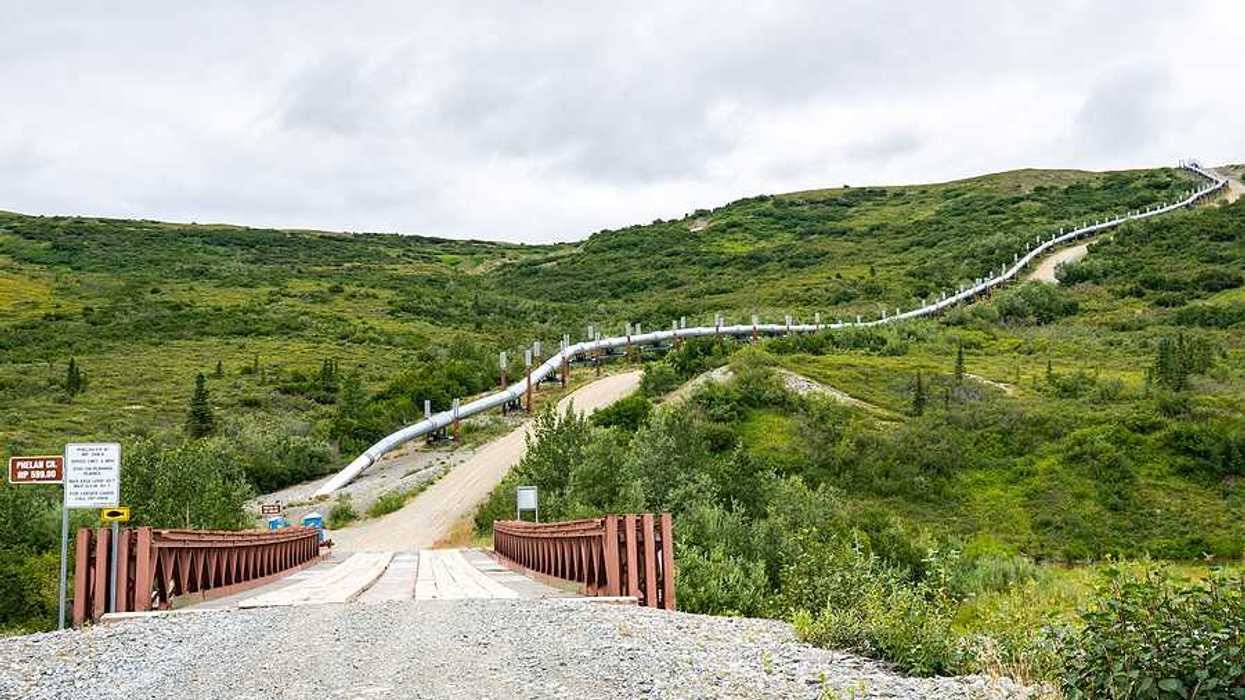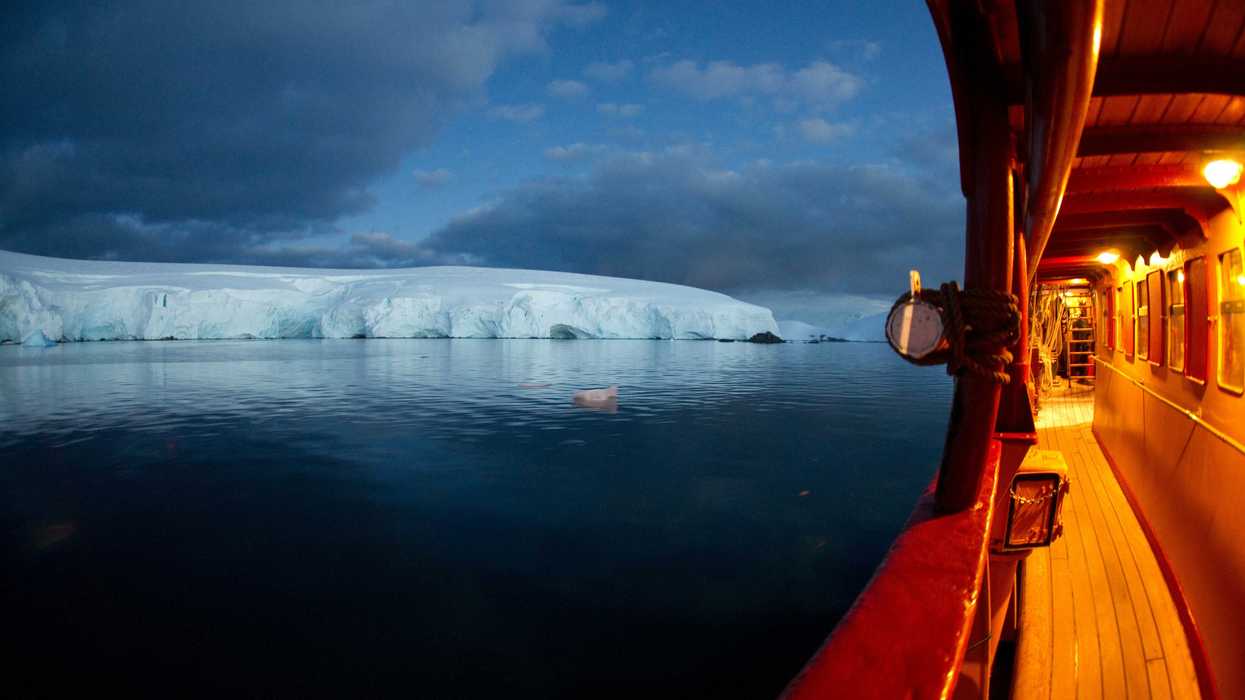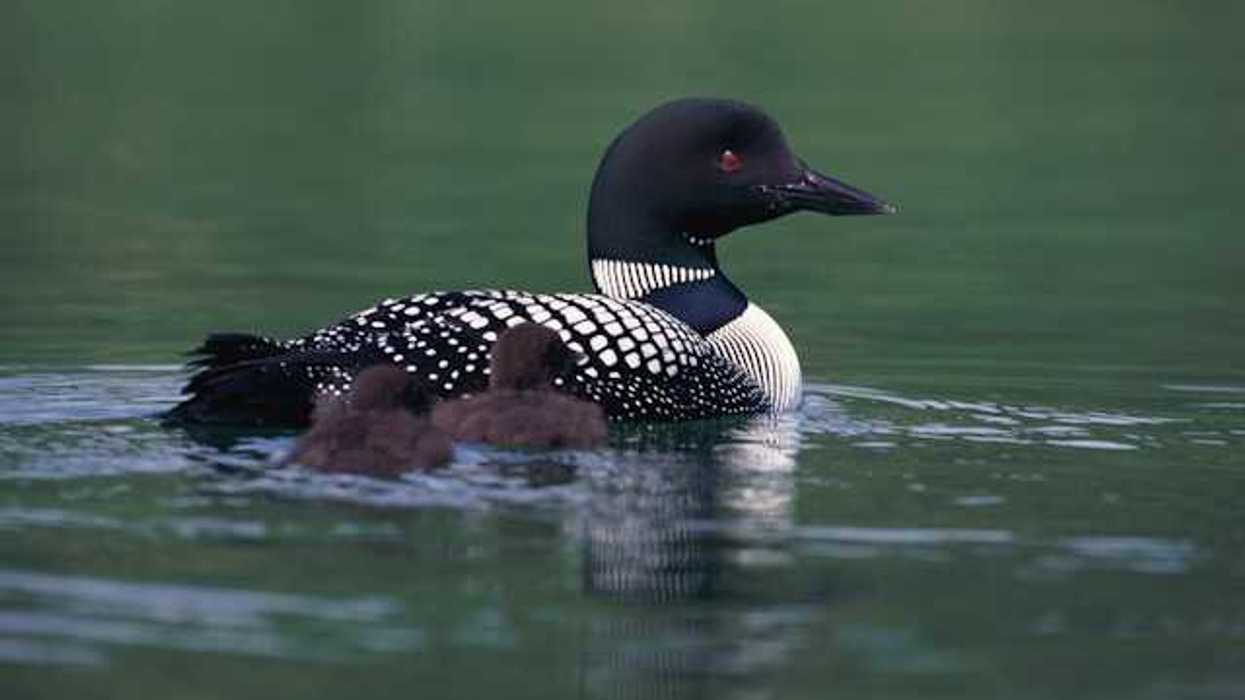Amid record-breaking wildfires, Venezuela faces a severe test due to both environmental challenges and governmental inefficiencies.
Tony Frangie Mawad reports for Mongabay.
In short:
- Experts attribute the unprecedented scale of wildfires in Venezuela to a combination of extreme weather conditions and severe institutional degradation.
- Wildfires have destroyed significant areas, including UNESCO sites and critical habitats, with the state's inability to manage and prevent these disasters exacerbating the damage.
- The government’s response to the fires has been criticized as politicized and inadequate, lacking investment in essential public services and infrastructure.
Key quote:
“The solution for fires is to manage them, not to control them.”
— Bibiana Bilbao, researcher of tropical savannas and fire ecology at Simón Bolívar University
Why this matters:
In Venezuela, where political turmoil has often hampered the effectiveness of public institutions, the response to environmental crises becomes complicated, raising concerns about the adequacy of the emergency measures and the speed of governmental response.
Environmental experts are particularly worried about the aftermath of the wildfires, including the loss of biodiversity and the long-term impacts on the soil's fertility which could affect agricultural productivity and food security in the region. The health implications are also significant; wildfires degrade air quality, which can lead to a spike in respiratory problems and other health issues among the population.














